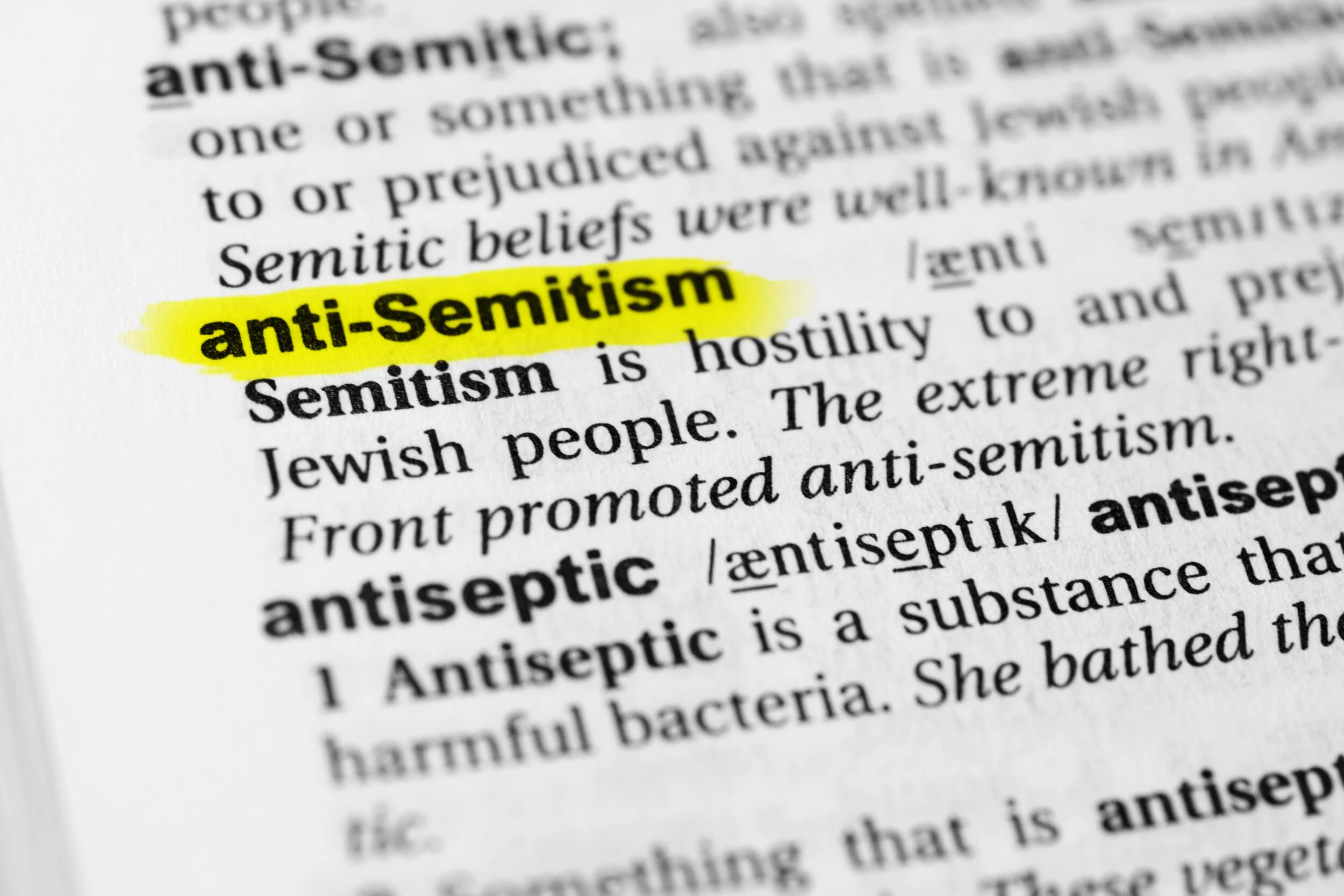Amid a flow of recent news stories on the economic problems that plague China and its disruptive impact on global affairs, the Pew Research Center on August 30 issued a landmark 160-page report with a wealth of information on another persistent issue -- the status of various religious groups in this nation of 1.4 billion after 74 years of unremitting effort by Communist rulers to suppress or eliminate faith.
Given North Americans’ long-running interest in both China and its religious situation, especially for Christians, this report is important news. Editors will want to summon their art departments for charts to complement coverage. The report’s depiction of data sources and the huge difficulties in obtaining reliable information from the mainland adds to this notable achievement.
The upshot, according to Pew demographer Conrad Hackett, is that by available measures, China is — on the surface — “the least religious country in the world.” Not surprising when media and public meetings are restricted and the regime forbids religious education while subjecting children to intensive atheistic propaganda at school. Only a tenth of the Chinese report religious affiliation, and 3% say religion is “very important” in their lives, compared with 98% in nearby Indonesia (or 37% in the United States).
Government barriers meant Pew could not conduct its own field surveys as in other nations. So the numbers come from government reports, research by Chinese universities (a risky academic specialty), one private polling firm and the Sweden-based World Values Survey. The report provides excellent guidance on interpreting limits and problems with the available data sources and confusion over definitions.
Note this striking example: The government lists 34,000 registered Buddhist temples, compared with 190,000 counted by Sun Yat-sen University experts.
Yet the people are permeated with spiritual beliefs and superstitions. These include gravesite visits to venerate or assist ancestors in the afterlife, rituals to seek personal benefits, incense-burning, fortune-telling, planning of activities around auspicious calendar dates and feng shui (placement of buildings and furnishings thought to manipulate energies). With or without formal affiliation, a third of Chinese believe in the Buddha or enlightened Buddhist beings, and 18% believe in Taoist deities.
Are some believers afraid to discuss faith ties, while living under China’s expanding social credit system of rewards and punishments?










